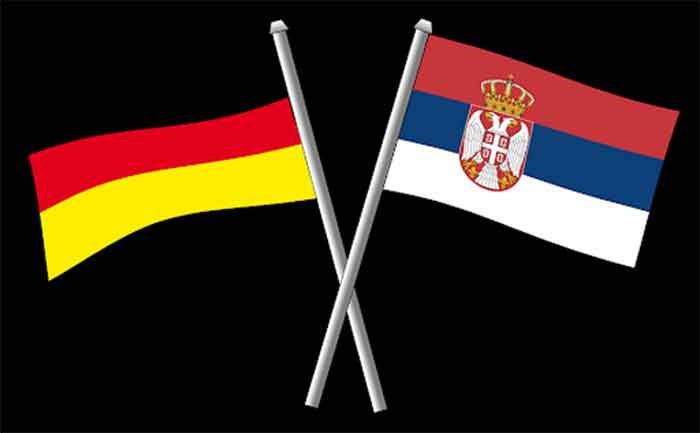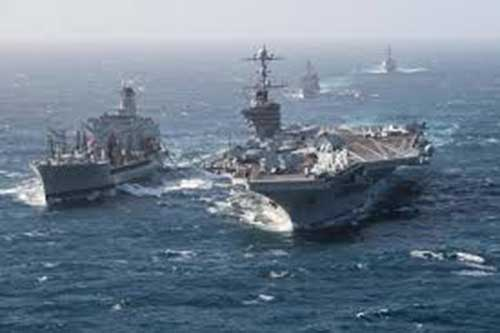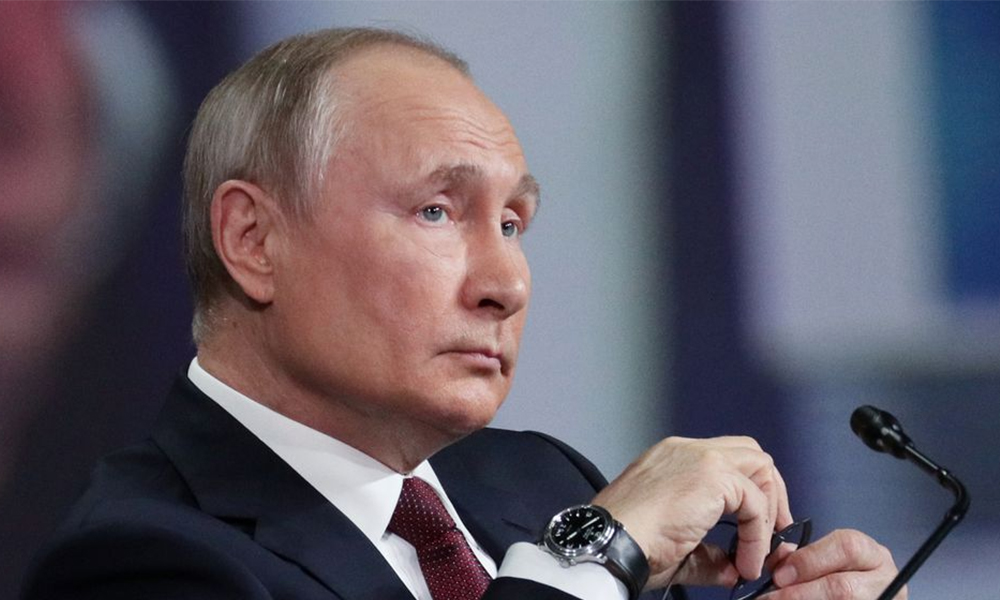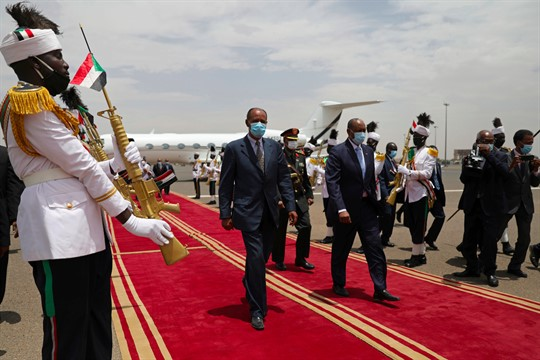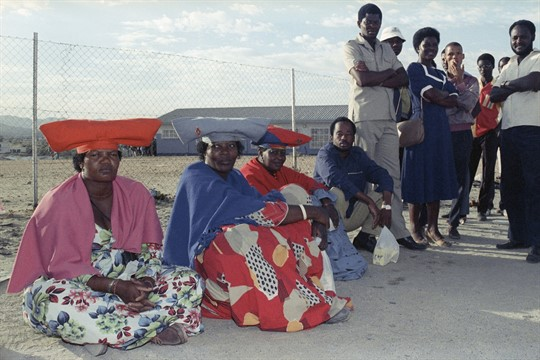The U.S. company deleted a message from the Nigerian president who warned protesters to remember the country’s civil war in 1967.
President Muhammadu Buhari’s administration on Wednesday accused Twitter of having double standards and supporting the secessionists in Nigeria.
Information and Culture Minister Lai Mohammed took a swipe at Twitter after it deleted a tweet by Buhari who issued a warning to protesters in Nigeria.
“We have a country to rule, and we will do so to the best of our ability. Twitter’s mission in Nigeria is very suspect, they have an agenda. The mission of Twitter in Nigeria is very suspicious,” Mohammed said.
In the deleted tweet, Buhari had made a reference to the country’s 30-month civil war in 1967-1970, warning “those who wanted the government to fail” to desist from fomenting trouble.
“Many of those misbehaving today are too young to be aware of the destruction and loss of lives that occurred during the Nigeria civil war. Those of us in the fields for 30 months, who went through the war, will treat them in the language they understand,” Buhari tweeted on Tuesday night.
Twitter deleted his post on Wednesday, following criticisms from some netizens. However, Mohammed questioned the rule of Twitter.
“Twitter may have its own rules, it’s not the universal rule. If Mr. President, anywhere in the world feels very bad and concerned about a situation, he is free to express such views,” he said, adding that the social networking service had overlooked the tweets of leading secessionists in Nigeria.
“When people were burning police stations and killing policemen in Nigeria during End SARS, a decentralized social movement, for Twitter, it was about the right to protest. But when a similar thing happened in the United States, it became insurrection,” Mohammed said.



